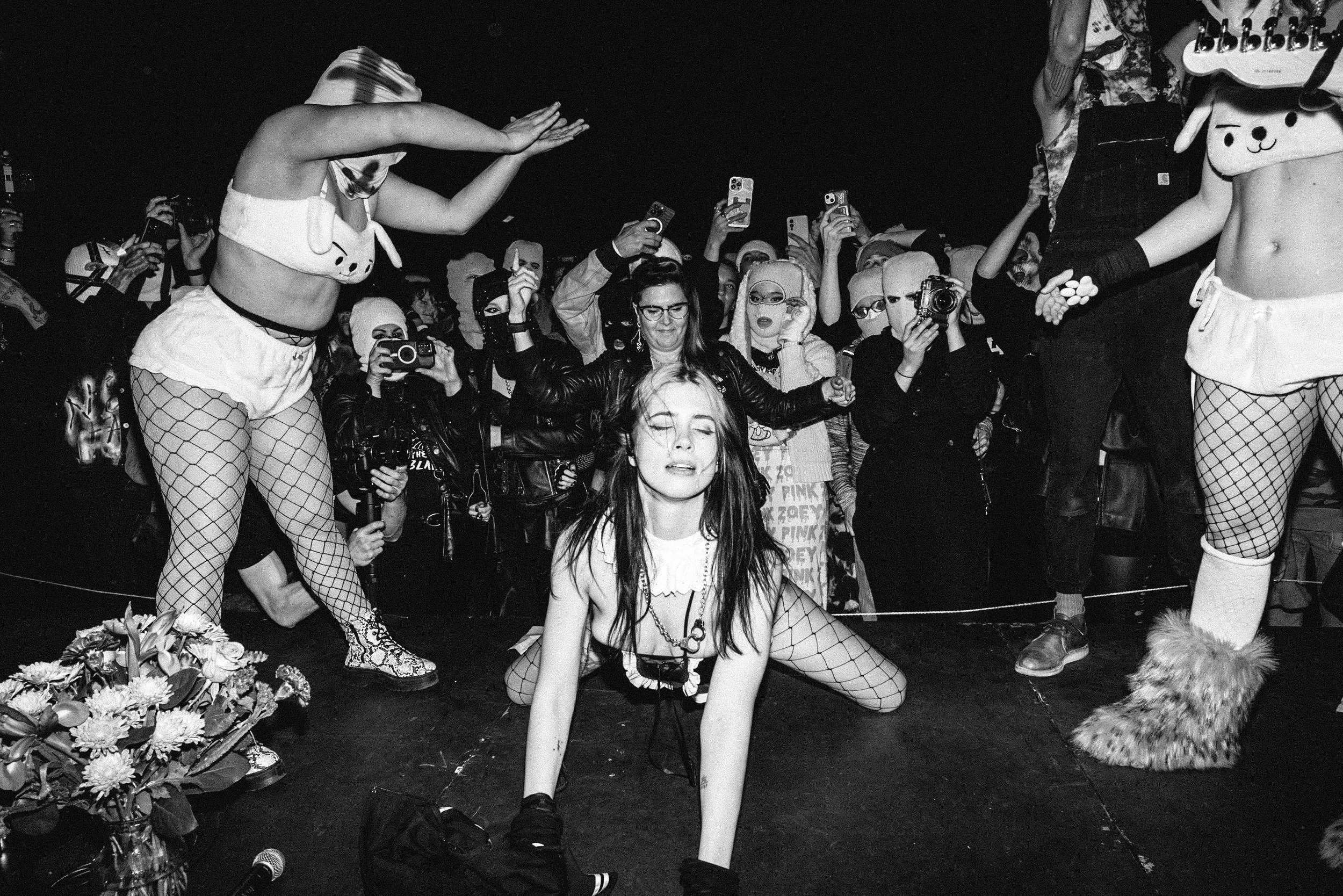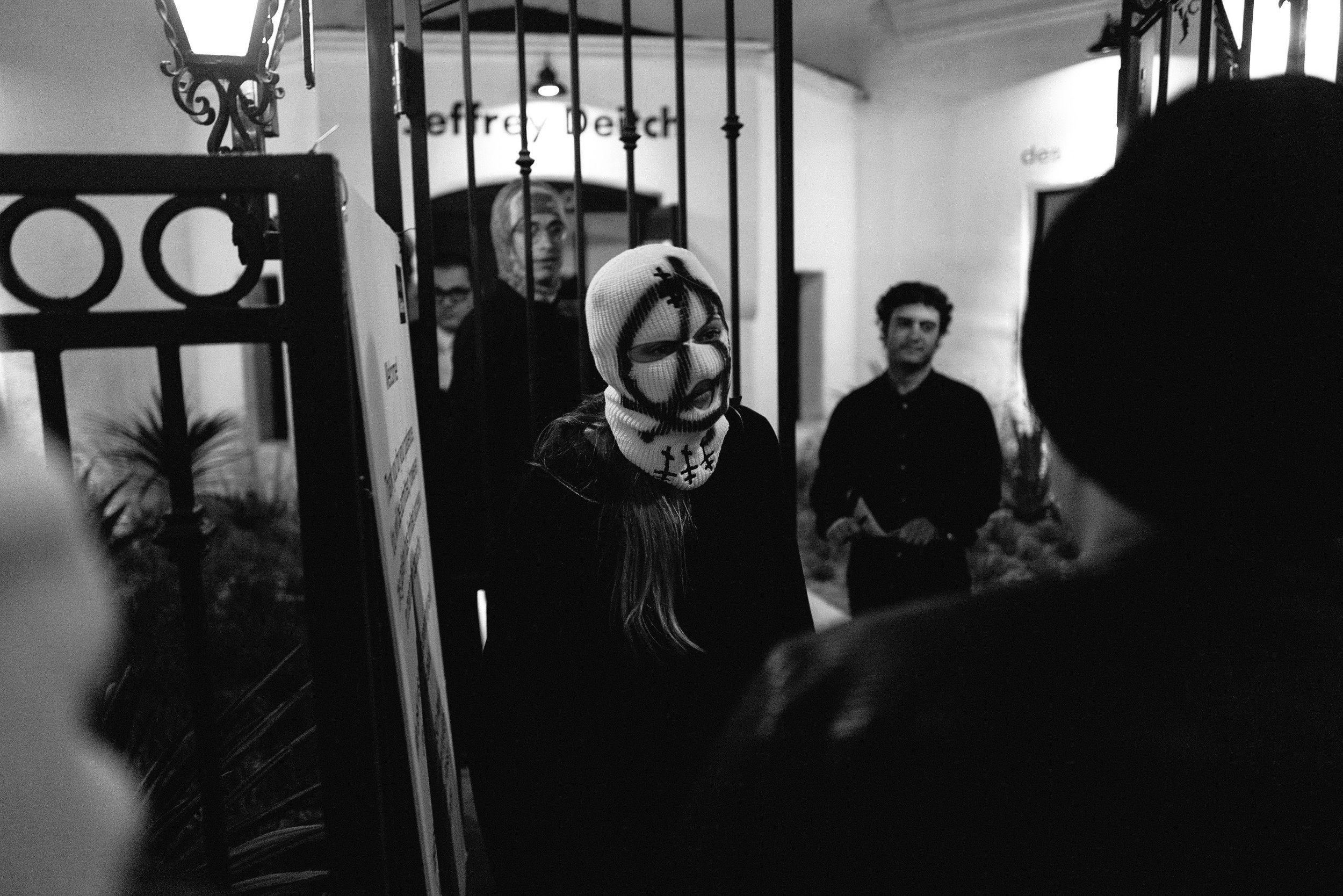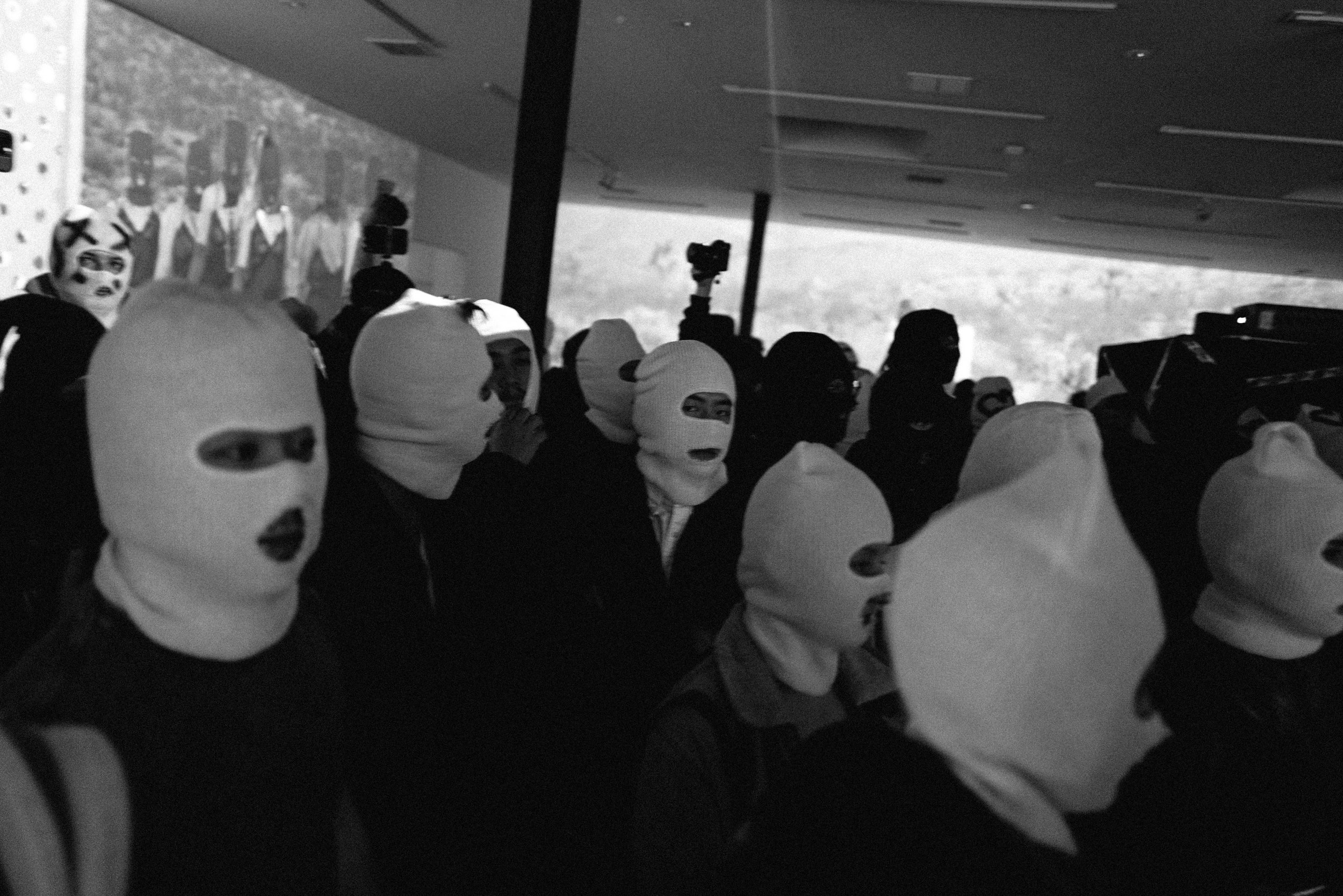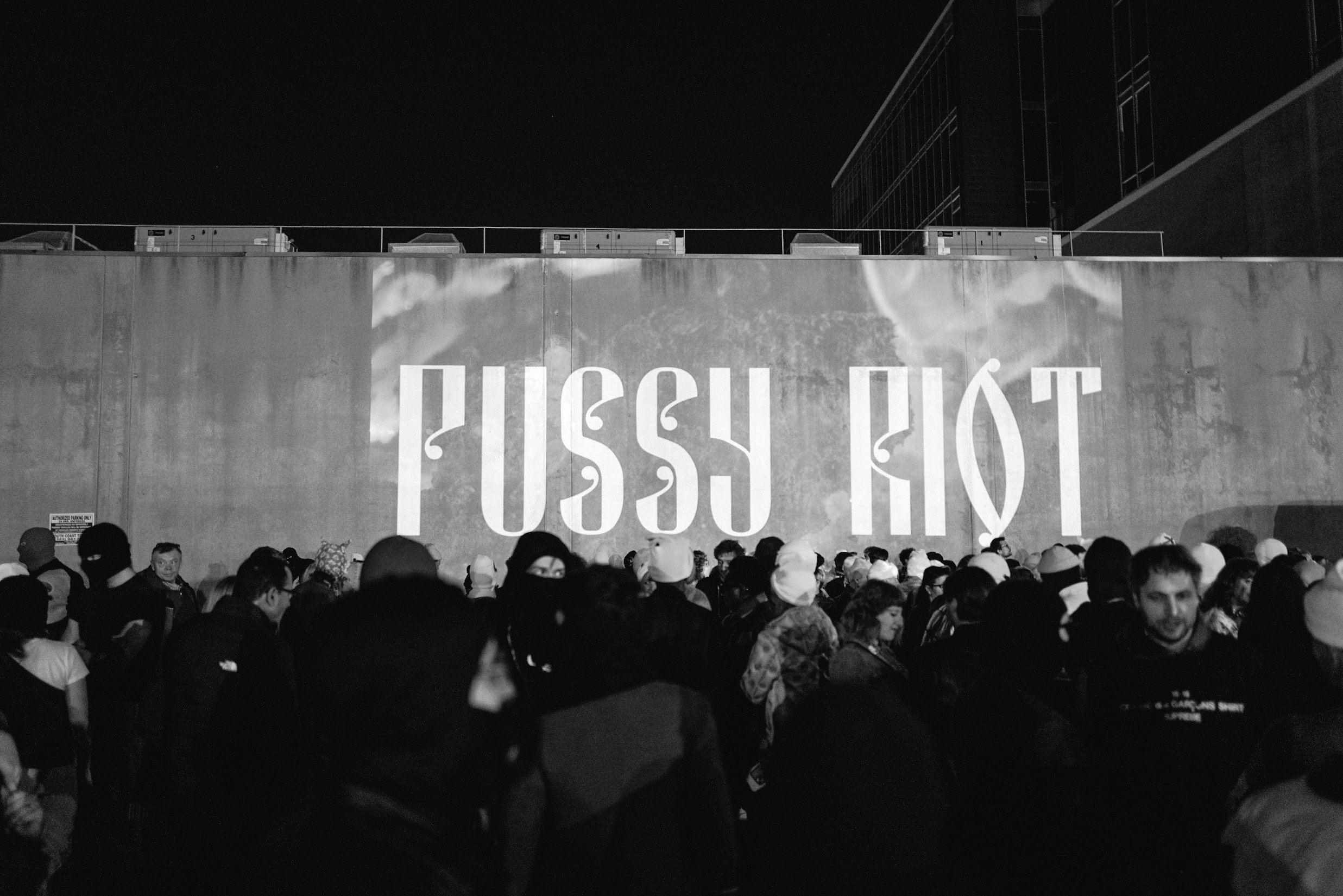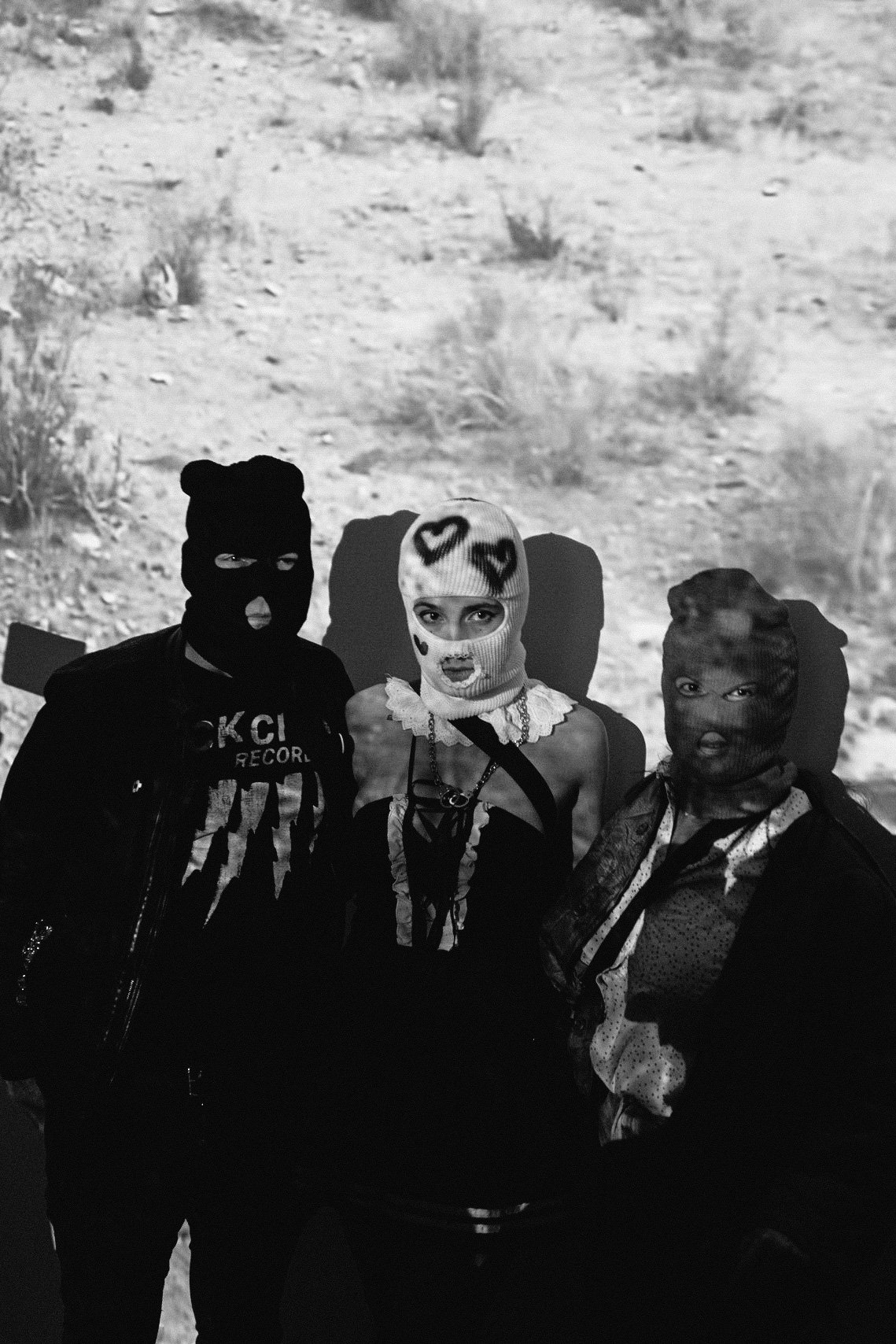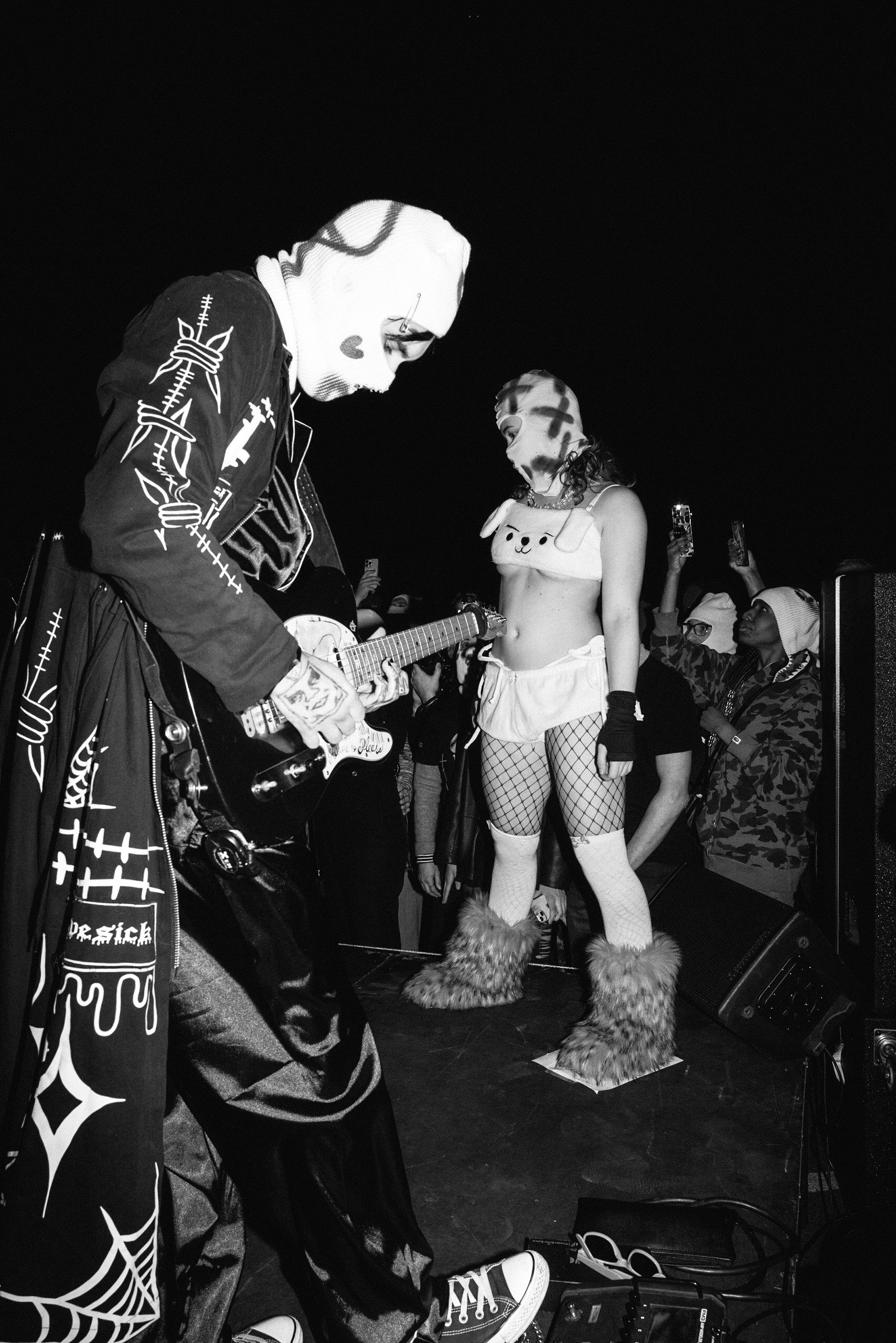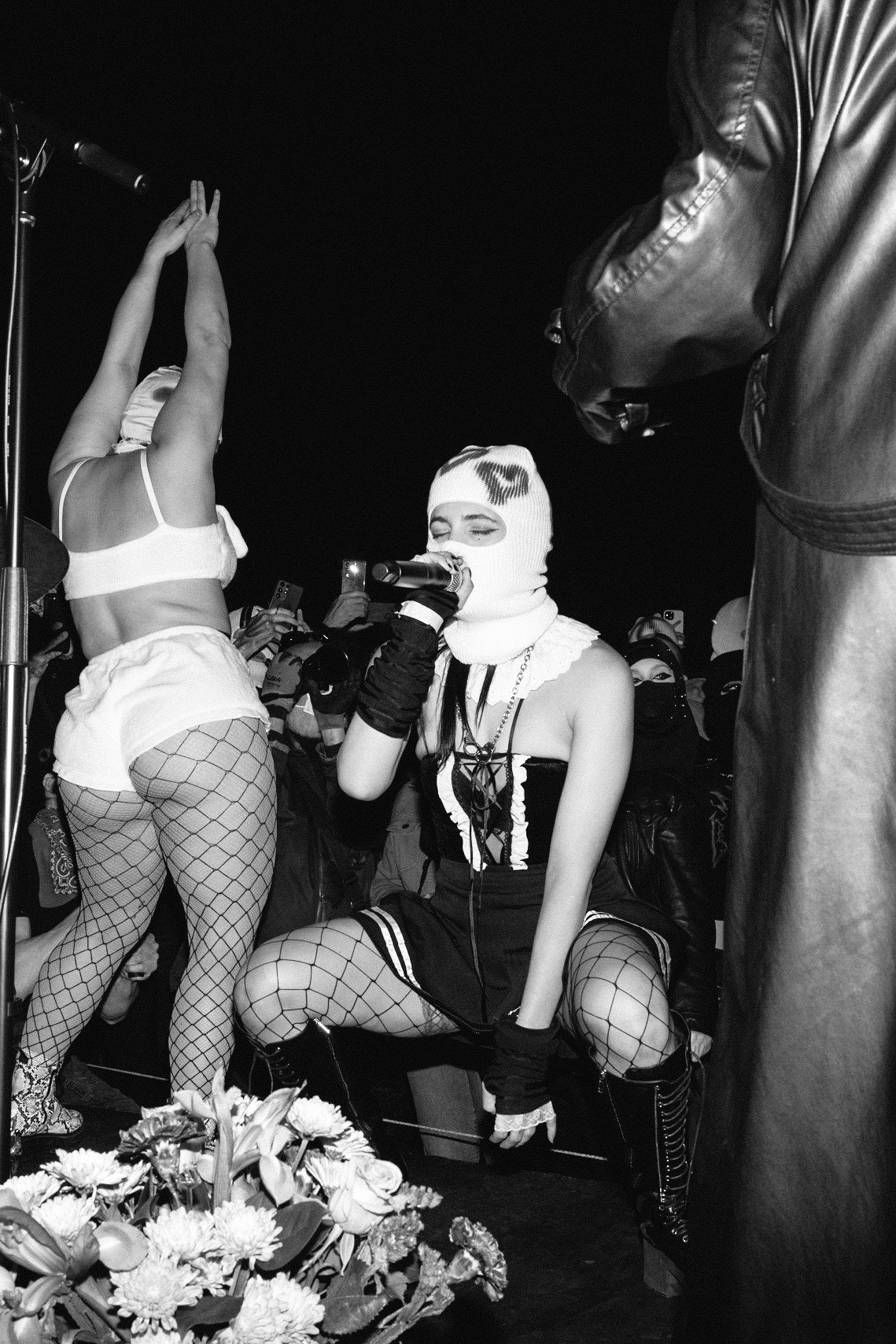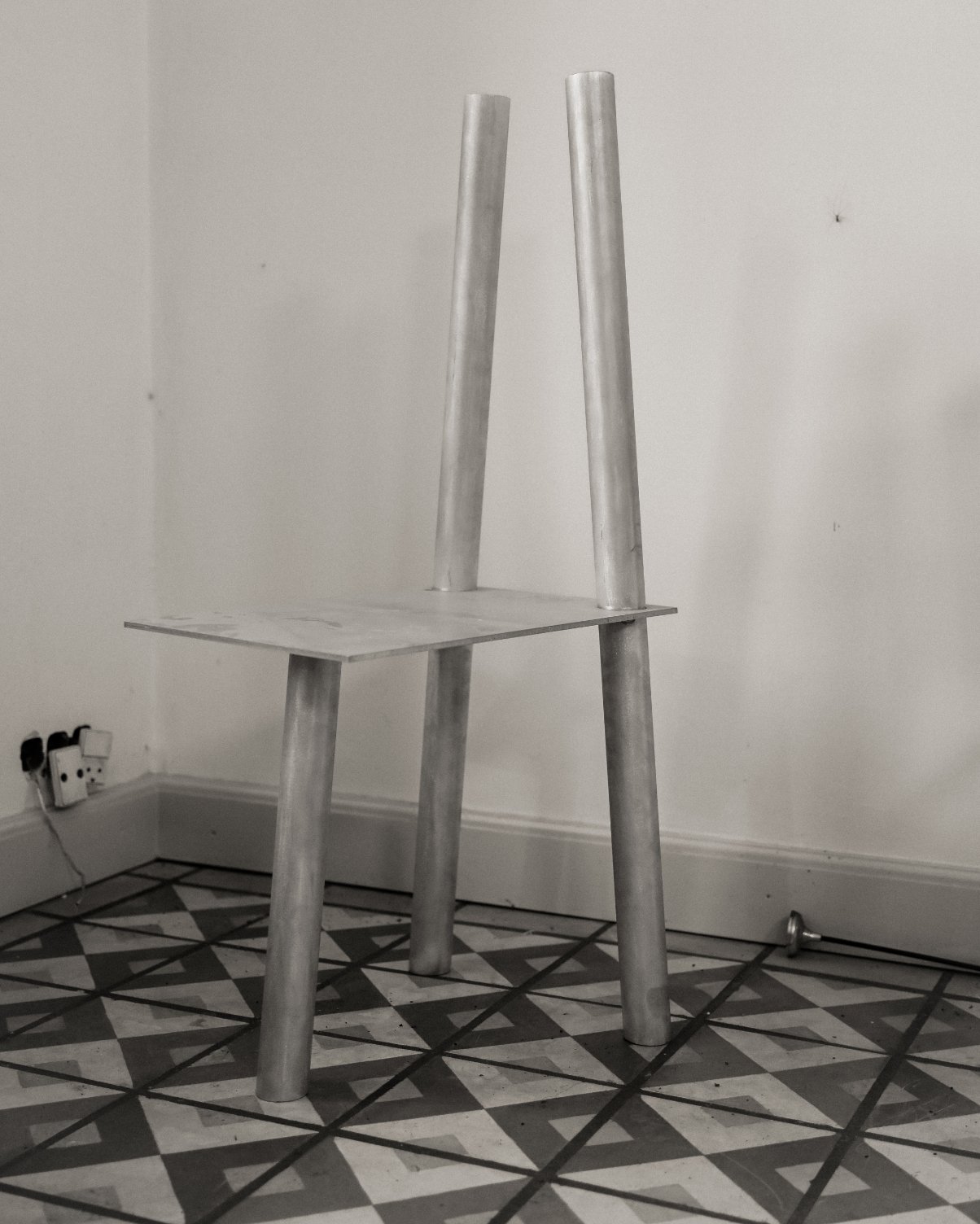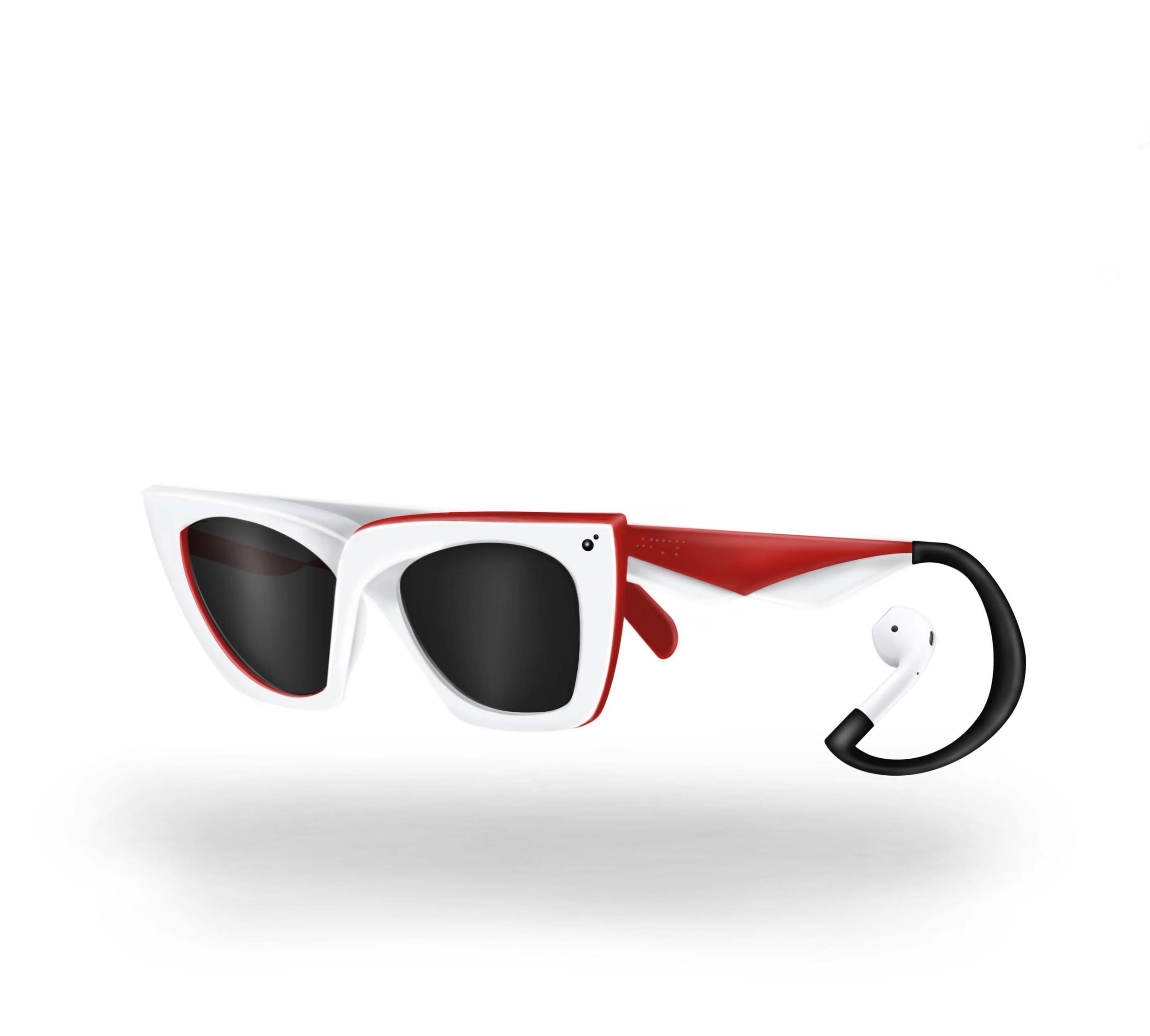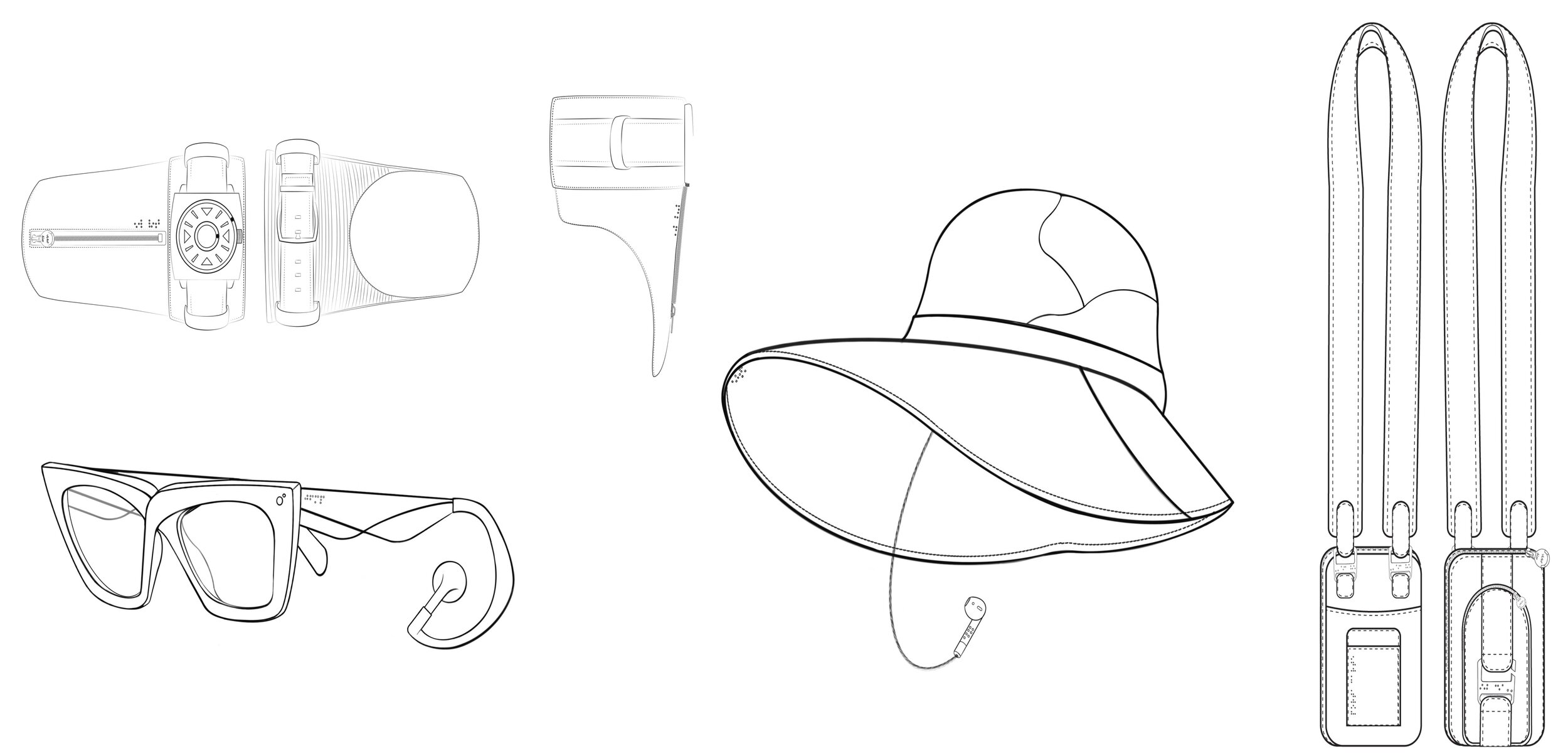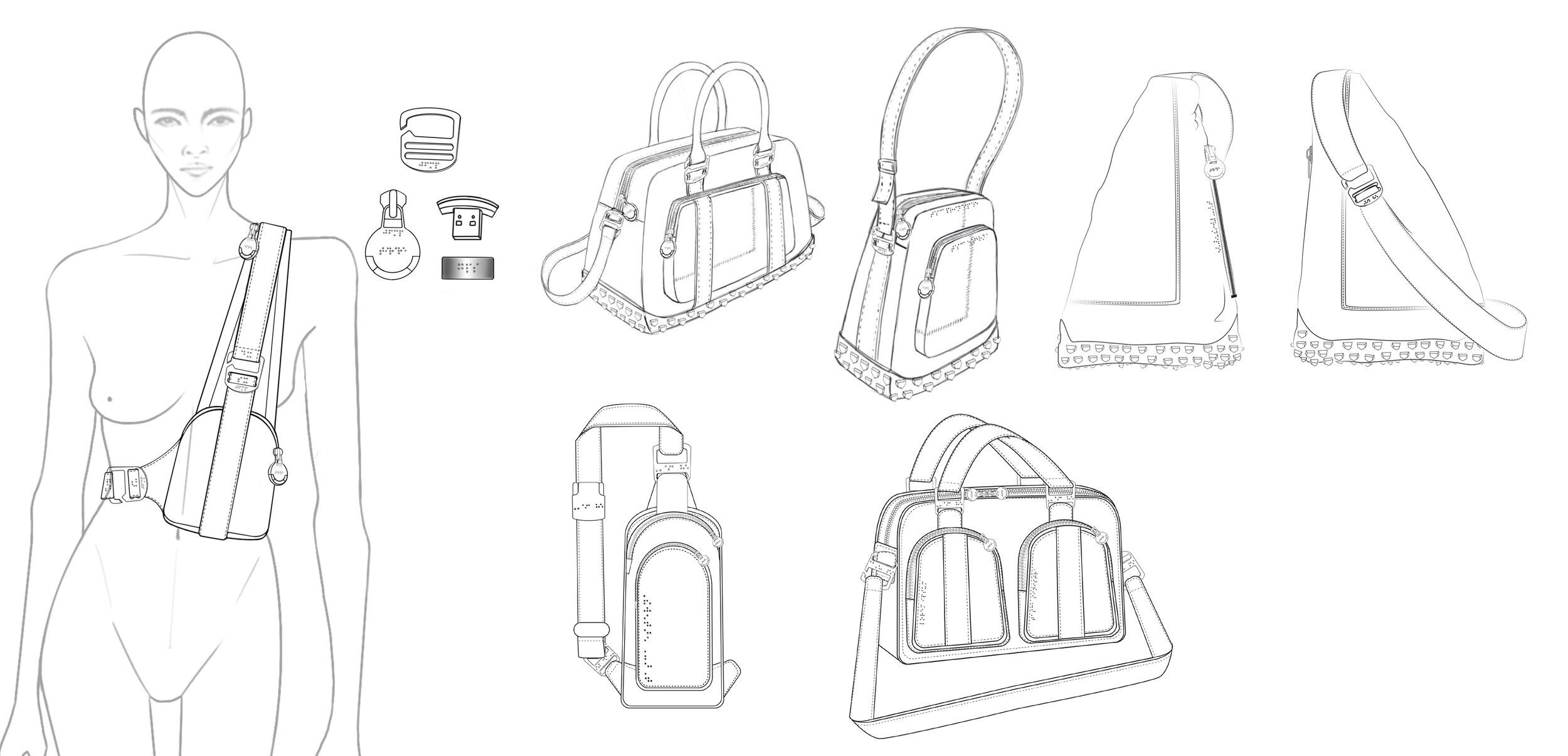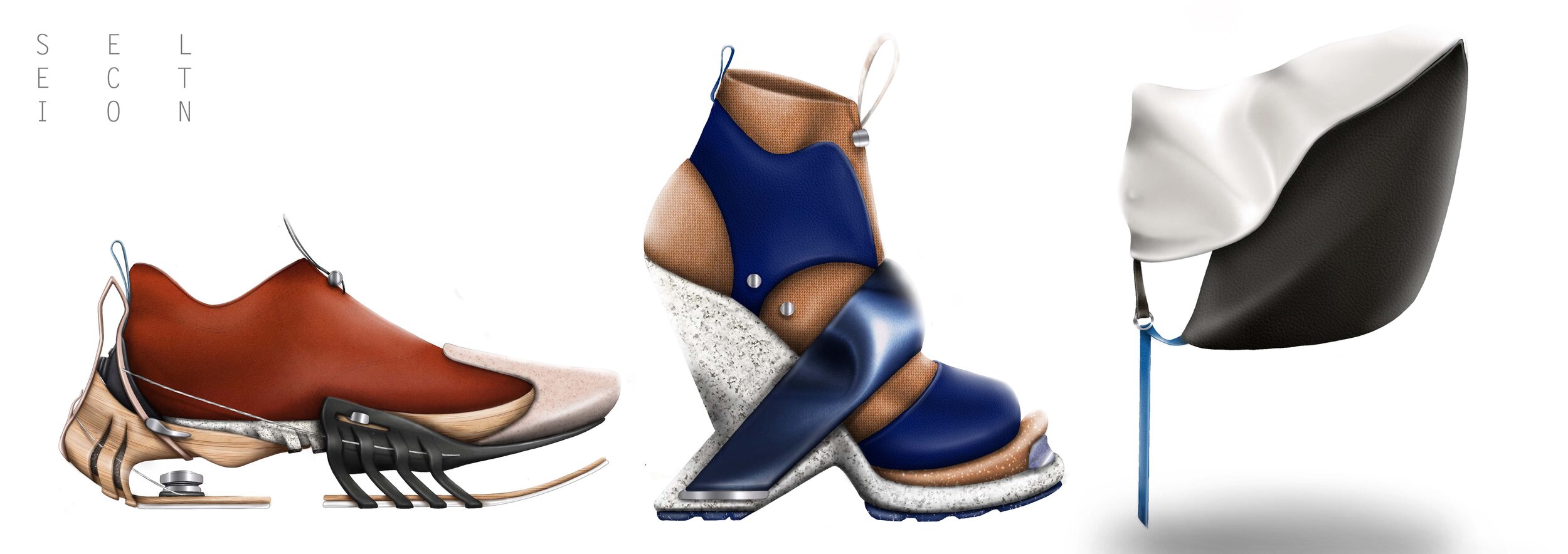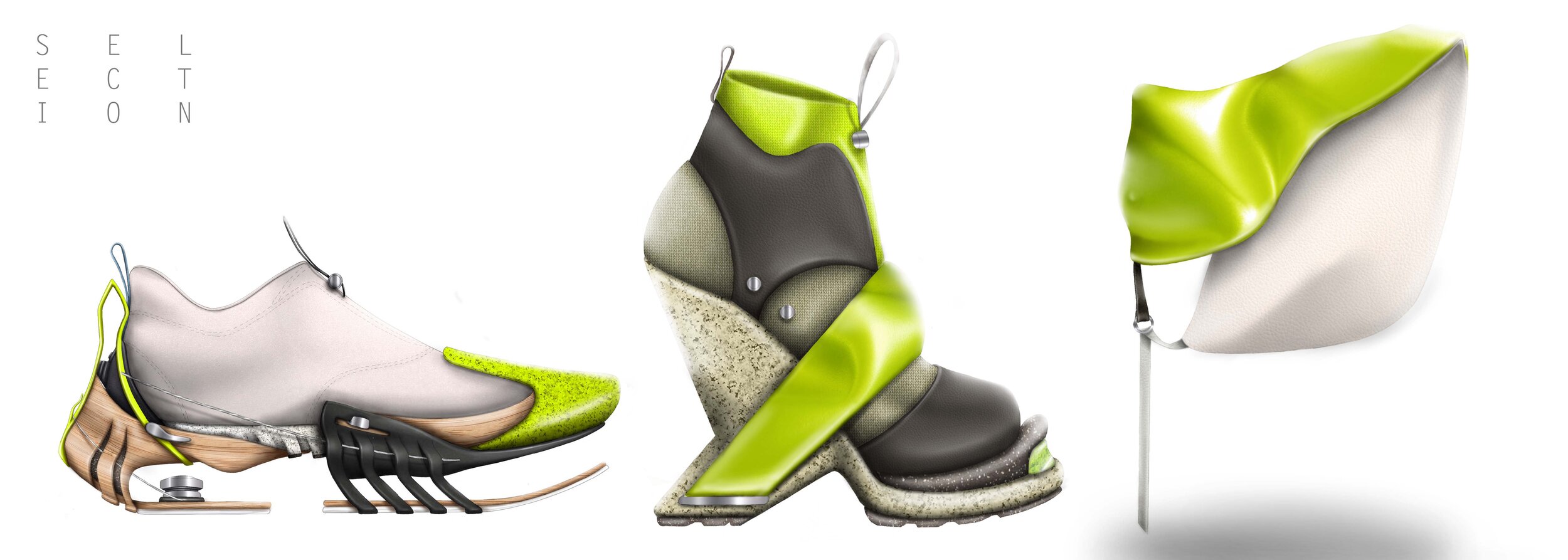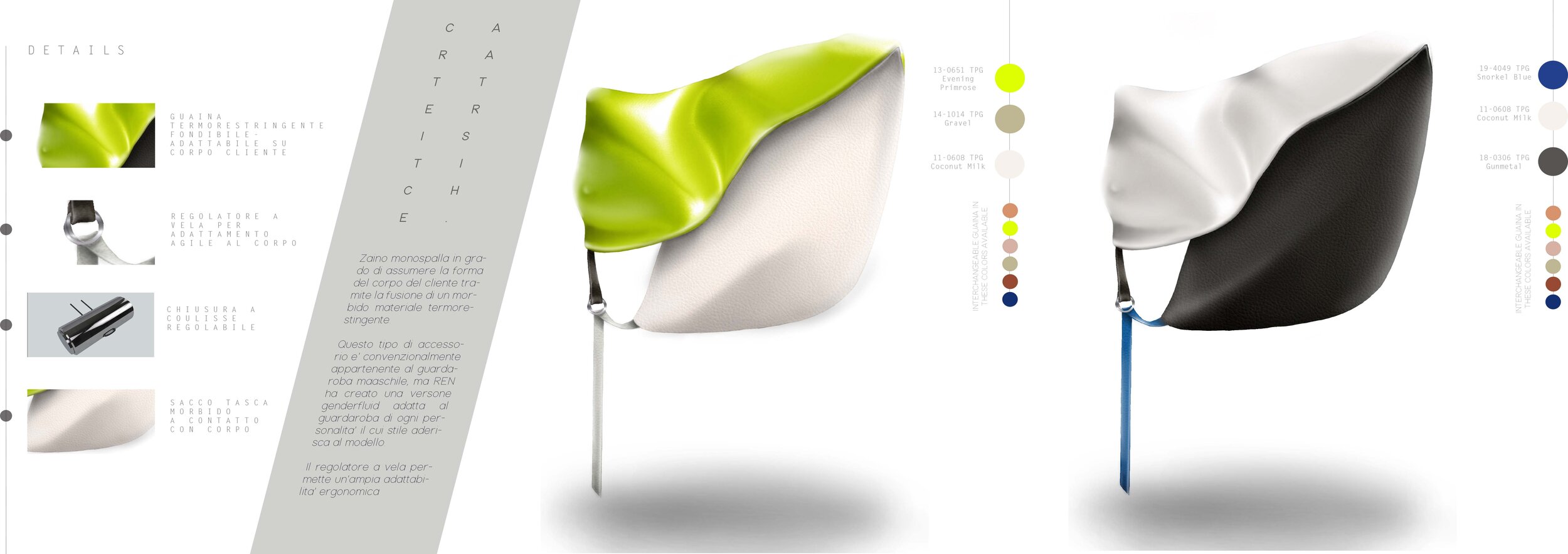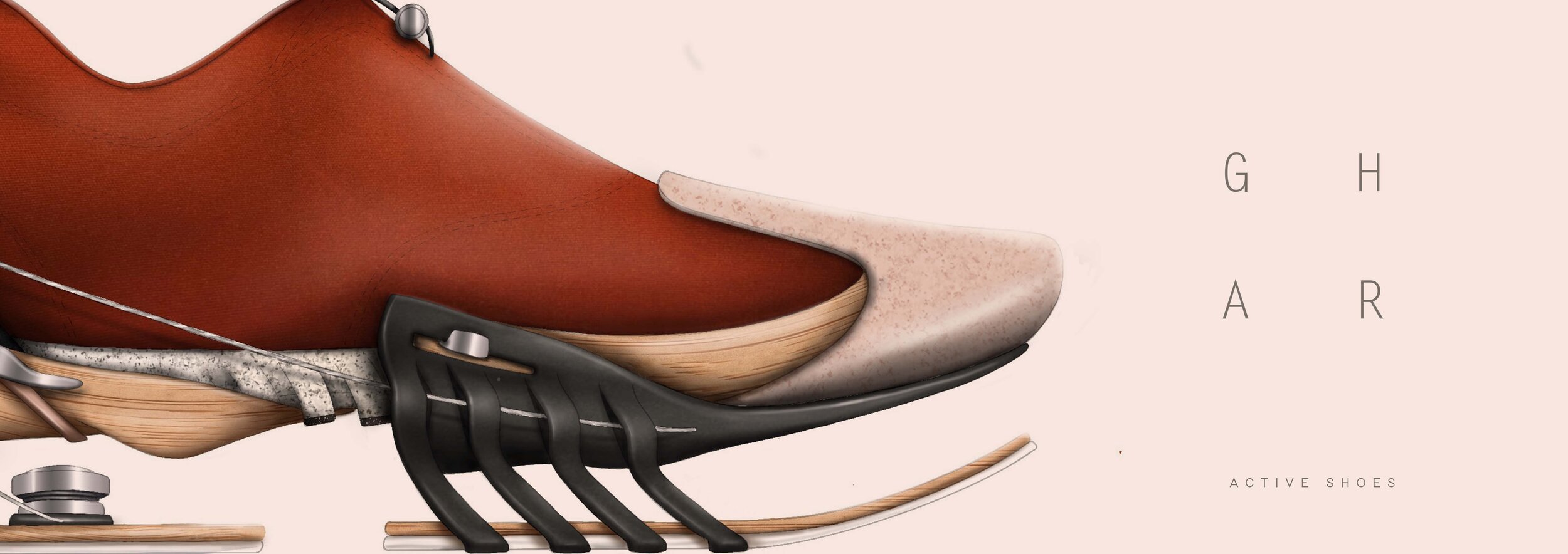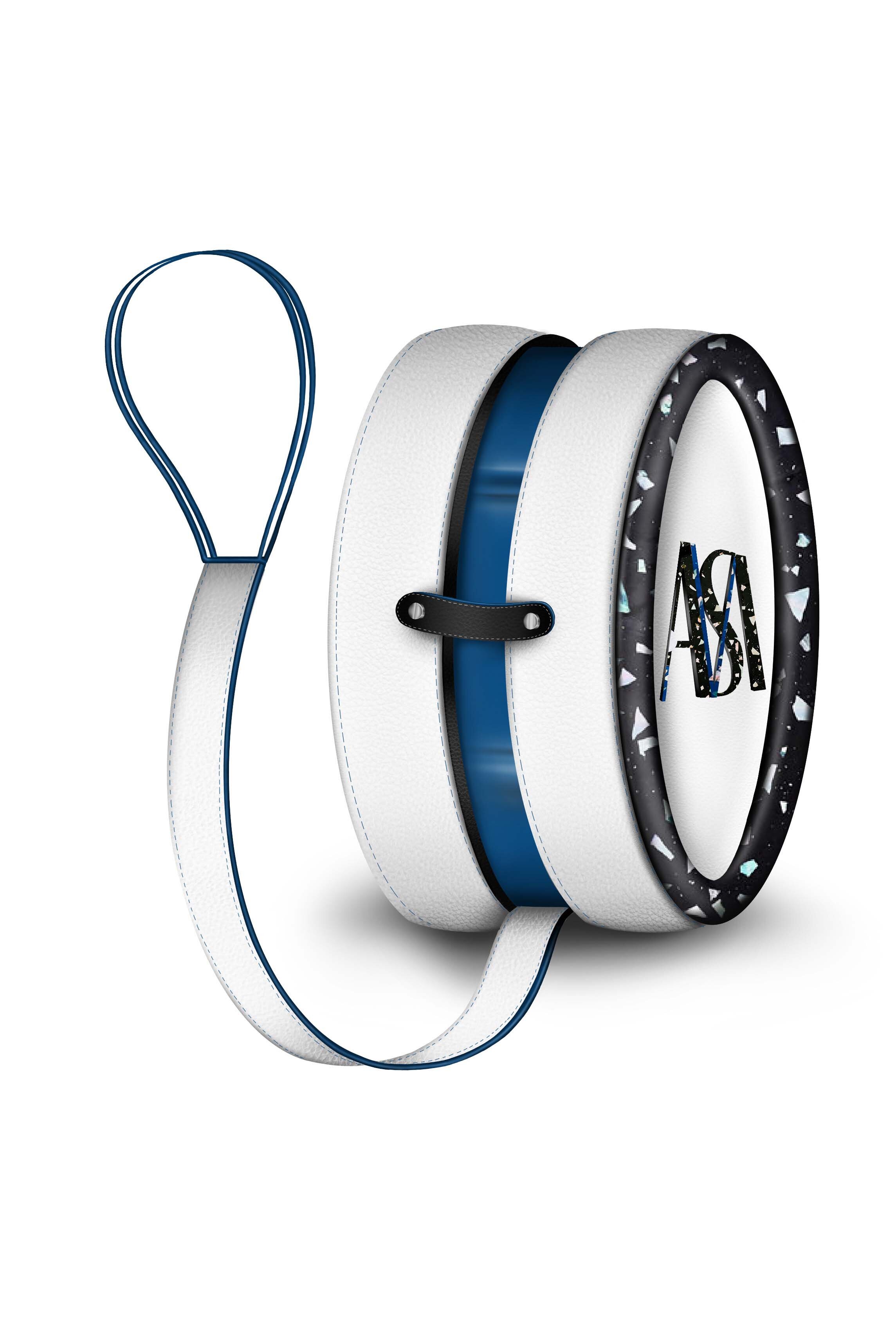text by Lara Monro
Award-winning visual artist Juliet Klottrup is redefining how we view life in the North of England, blending photography and filmmaking to document communities often left out of mainstream narratives. Her work spans rural traditions, environmental concerns, and the resilience of underrepresented groups, capturing intimate stories of identity and belonging against the backdrop of the region’s landscapes. As an Honorary Photography Teaching Fellow at the University of Cumbria, Klottrup also shares her process and encourages students to explore photography as a tool for social engagement.
Klottrup’s practice has evolved into a modern archive of Northern life, marked by projects such as Youth of the Rural North and her Class, Covid & Cumbria series exhibited alongside Grayson Perry at Blackwell, The Arts & Crafts House. Her most recent projects—Travelling Home and Skate Like a Lass—continue to reflect the depth of her socially engaged approach.
Travelling Home (© Juliet Klottrup, 2024)
Since 2019, Klottrup has been documenting the Traveller and Gypsy communities in the North West of England, focusing on their annual pilgrimage to the Appleby Horse Fair in Cumbria. Inspired by the sight of families passing by her window each summer—bow top wagons, horseback riders, and motor caravans winding along rural roads—Travelling Home became a deeply personal exploration of tradition, heritage, and resilience.
A standout figure in this series is Joe, a Traveller whose life and stories are etched into the landscape he traverses. “It was like time travel,” Klottrup recalls of her first ride with Joe through the quiet, empty roads of the Moors, listening to the rhythmic clatter of hooves and wheels. This connection led to a rich collection of portraits and an evocative short film, shot on Kodak 8mm and 16mm, to capture the timelessness of the Traveller experience. The film has been recognised at international festivals, including the London Film Festival and Santa Barbara International Film Festival.
For Klottrup, documenting these communities is as much about preserving cultural heritage as it is about challenging stereotypes. “The ongoing marginalisation of the Traveller and Gypsy community has strained relationships and hindered inclusion,” she says. Travelling Home aims to counter these misconceptions, focusing on family, ceremony, and the gentle traditions that persist in the face of societal change.
While Travelling Home explores heritage rooted in centuries-old traditions, Klottrup’s Skate Like a Lass shifts focus to contemporary grassroots communities, highlighting the inclusive, dynamic world of female and LGBTQI+ skateboarding collectives in Northern England.
The project was sparked by a chance encounter with Cumbria Cvven, a girls’ skate group in Barrow-in-Furness. There, Klottrup met Lily, a skater hosting a DIY skate jam on the roof of a disused multi-story car park, where handmade ramps created a makeshift haven for skaters of all ages and abilities. “I was inspired by the creativity and inclusivity,” Klottrup recalls. “These collectives offer more than just skateboarding—they create places of belonging, self-expression, and access.”
Skate Like a Lass (© Juliet Klottrup, 2025)
Drawing from the work of photographer Wendy Ewald, who empowered young people to tell their own stories through photography, Klottrup handed cameras to the skaters themselves. This collaborative process allowed participants to document their lives, capturing the raw, authentic energy of their communities. The project blends formal portraits with DIY documentation techniques, using Super 8, VHS, and digital formats to honor skateboarding’s rich visual history.
The results are striking: a short film—recently recognized with a Shiny Award—two exhibitions (at SHOP in Preston and Aunty Social in Blackpool), and a DIY zine co-created with the skaters.
Though Travelling Home and Skate Like a Lass differ in subject matter, they share a common thread: a commitment to amplifying underrepresented voices and preserving the cultural fabric of Northern England. Whether capturing the timeless traditions of Traveller communities or the vibrant, rebellious spirit of grassroots skaters, Klottrup’s work is rooted in empathy, collaboration, and a deep respect for her subjects.
“There’s great value in amplifying these stories that might otherwise be overlooked,” she explains. “Both projects reflect how people create spaces of belonging—whether on rural roads or in urban skateparks.”
As Klottrup continues to expand her practice, blending archival research with collaborative storytelling, her work serves as a vital record of Northern life—past, present, and future. Through her lens, the landscapes and communities of the North are not just documented; they are celebrated.
Skate Like a Lass will be on view @ SHOP Preston, PR1 3XA
Thursday, February 27, 6:30–8 PM
Friday, February 28, 1–4 PM
Saturday, March 1, 12–3 PM
Sunday, March 2, 12–3 PM
The exhibition will also be on view @ Aunty Social, Blackpool, FY1 3AQ March 20th - 25th, 12-3 PM
Travelling Home (© Juliet Klottrup, 2024)

















